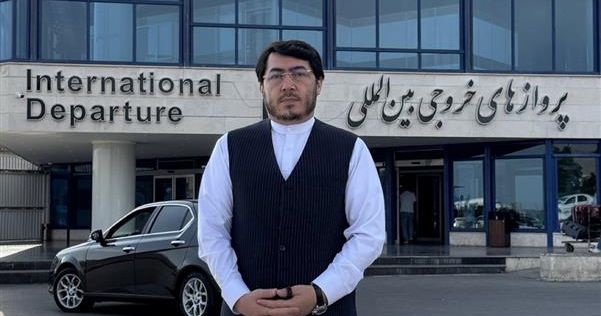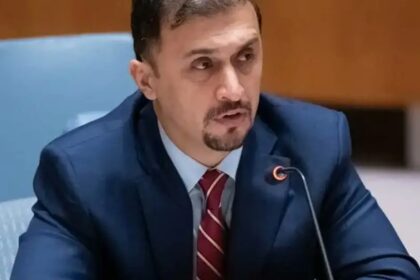RASC News Agency: Jafar Mahdavi, a former member of Afghanistan’s Parliament and an increasingly visible figure aligned with the Taliban regime, has once again undertaken a series of controversial political engagements this time in Iran where he claims to have met with a number of exiled Afghanistani political and military figures. While Mahdavi has styled these trips as “efforts for national reconciliation,” critics widely view them as staged initiatives commissioned by the Taliban to project a false narrative of dialogue and inclusion. Earlier, Mahdavi made a similar visit to Turkey, where he reportedly engaged in talks with political figures in Istanbul, a key hub for Afghanistani opposition in exile. His continued appearances alongside former leaders and mujahideen commanders have sparked considerable speculation over his real role: whether he acts as a bridge-builder, or more likely, as an emissary of the Taliban’s deceptive diplomacy.
Despite cultivating an image of impartiality, Mahdavi’s deepening ties with the Taliban who seized power in 2021 and have since presided over an increasingly autocratic, theocratic regime have raised serious doubts about the authenticity of his intentions. Many political observers assert that his so-called mediation efforts are nothing more than calculated moves by Taliban leadership to test the waters of exile politics, identify opponents, and potentially dismantle external opposition through soft coercion and false promises of reconciliation. Sources familiar with the Iran meetings describe them as exploratory at best, lacking any legal or political framework to ensure the safety or reintegration of exiled figures. Mahdavi’s vague calls for “mechanisms of national reconciliation” are widely interpreted as rhetorical maneuvers, masking the absence of real guarantees. In truth, such mechanisms remain non-existent under a regime that continues to imprison dissenters, persecute journalists, and execute former members of the Afghanistani military in secret trials or without trials at all.
His silence regarding the names of those he met in Iran further underscores the fragile and distrusting environment in which these talks occur. It also reflects the ongoing fear among exiled figures, many of whom have witnessed or experienced the Taliban’s betrayal of amnesty pledges in the past. More troublingly, analysts argue that these symbolic gestures are designed not to build bridges, but to neutralize political threats. The Taliban’s approach, they say, seeks to give the illusion of outreach while in fact offering no structural reforms, no power-sharing, and no space for meaningful dissent. Any figure who returns under current conditions risks being silenced, surveilled, or co-opted into a regime that fundamentally opposes democratic values, pluralism, and civil liberties.
Mahdavi’s public posture presenting himself as a “neutral interlocutor” thus appears increasingly hollow. In reality, he operates within a political framework that punishes criticism, silences opposition, and crushes independent political agency. His recent travels, rather than representing a path toward national dialogue, are seen by many as the Taliban’s attempt to weaponize diplomacy against those who dare to envision an Afghanistan beyond authoritarian rule. Until the Taliban demonstrate a genuine commitment to political plurality, legal protections, and a transitional justice process that respects the rights of all citizens not just loyalists their “reconciliation efforts” will remain little more than a smokescreen for suppression.






